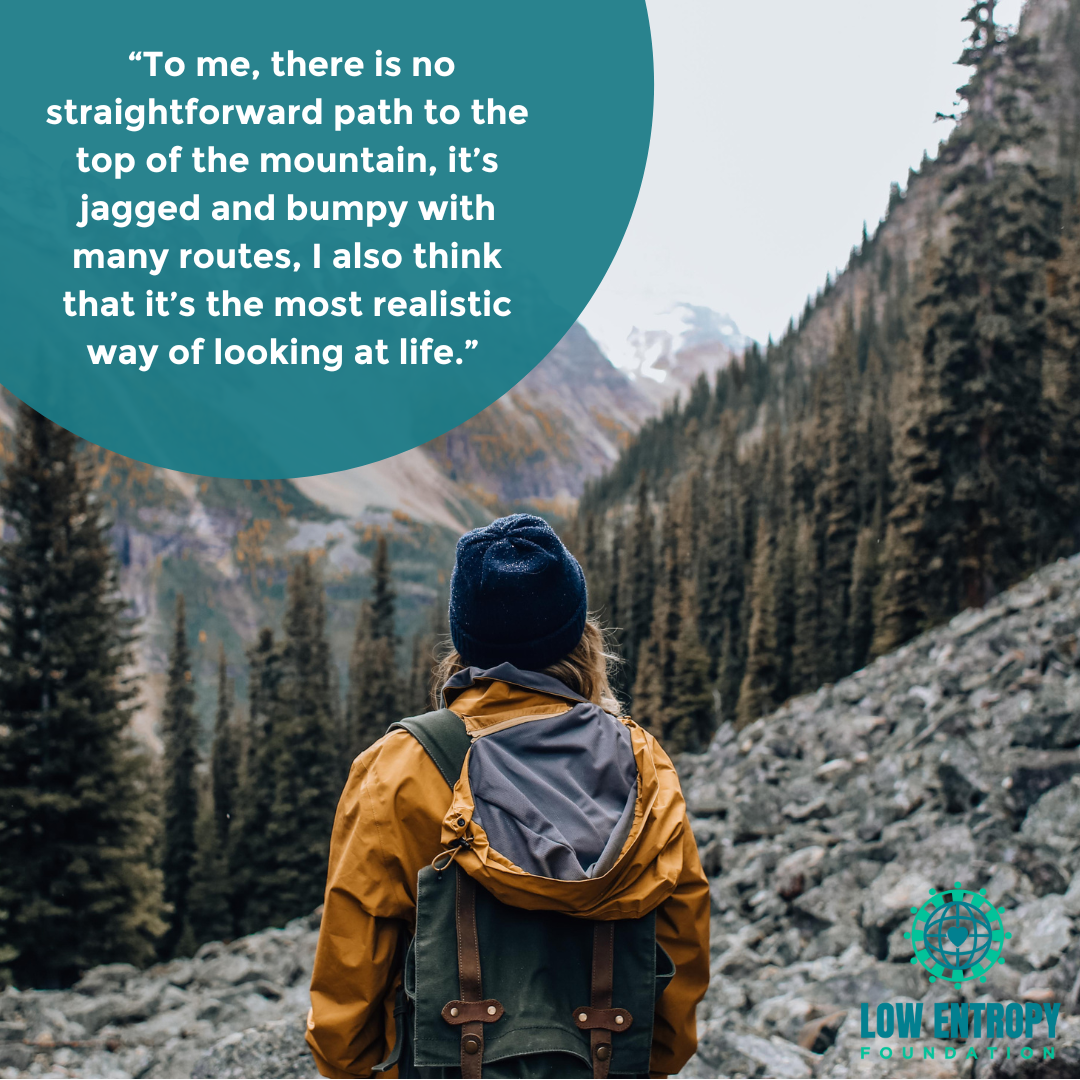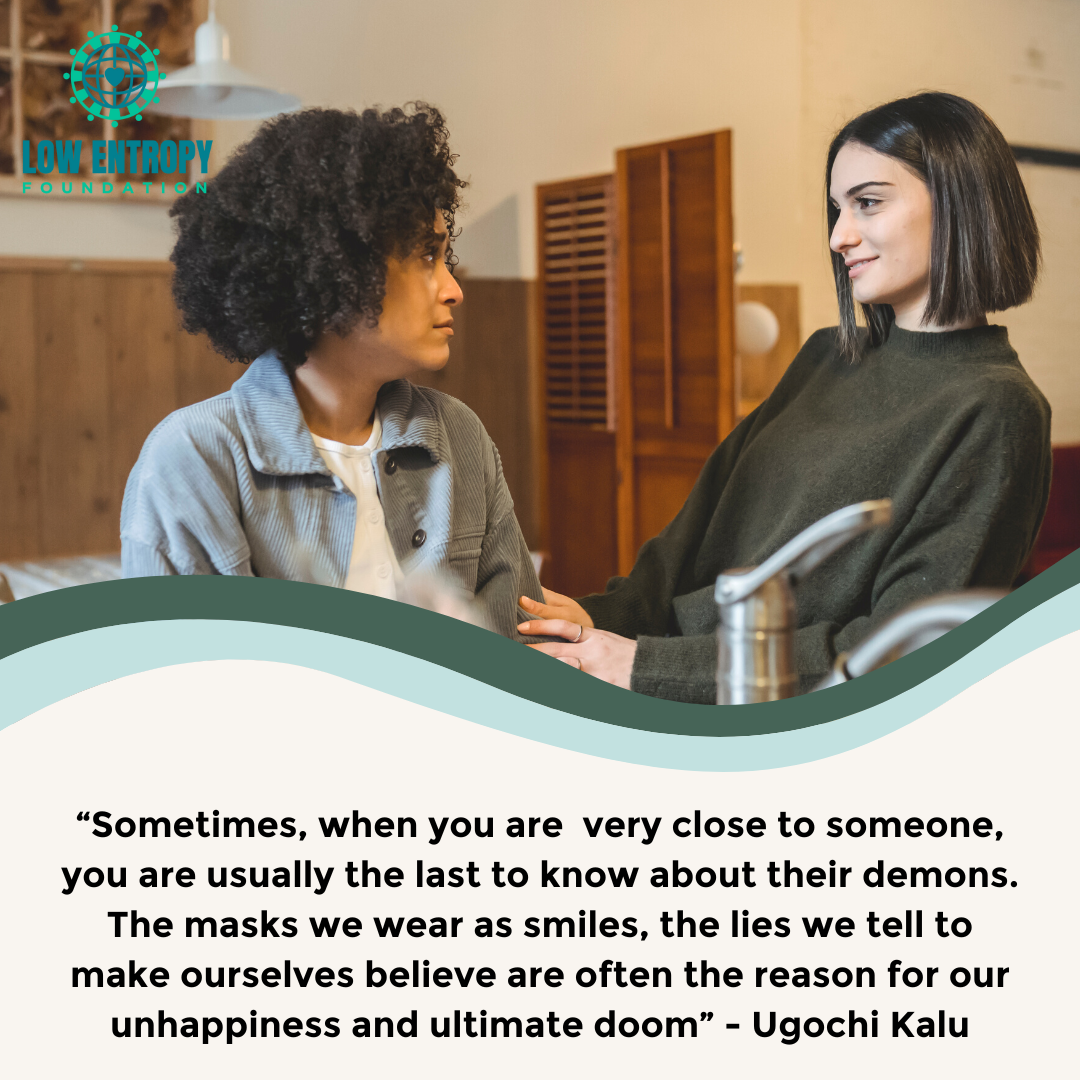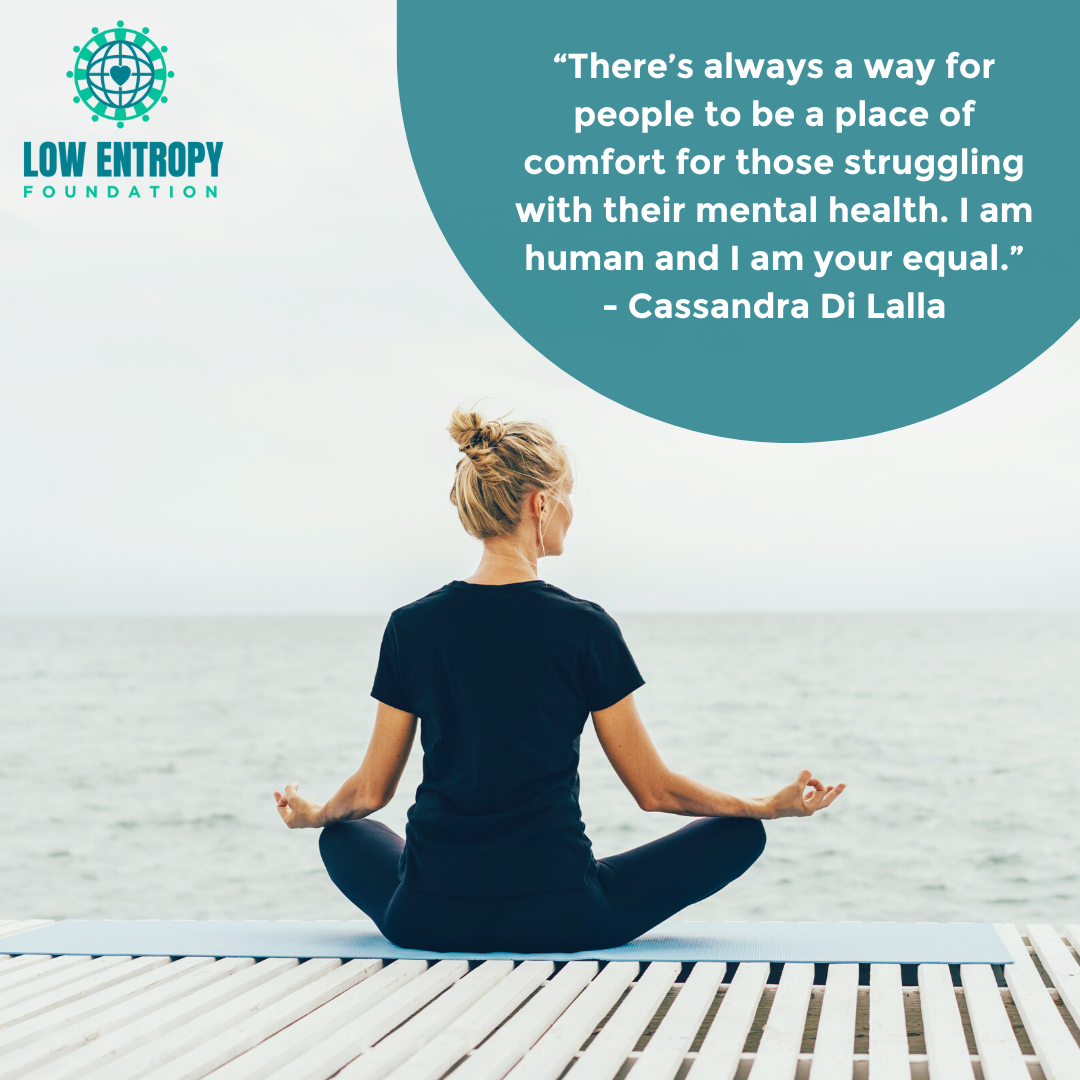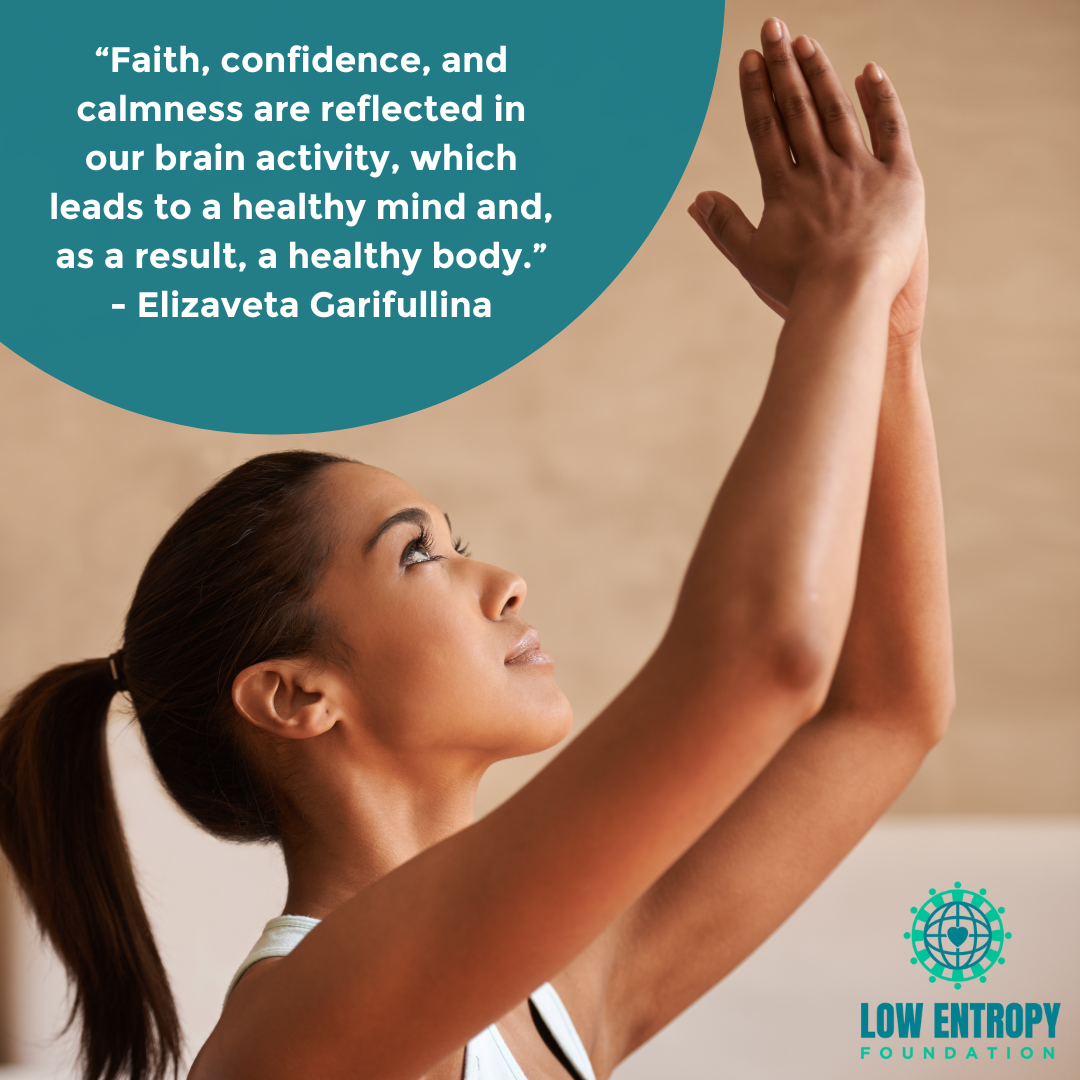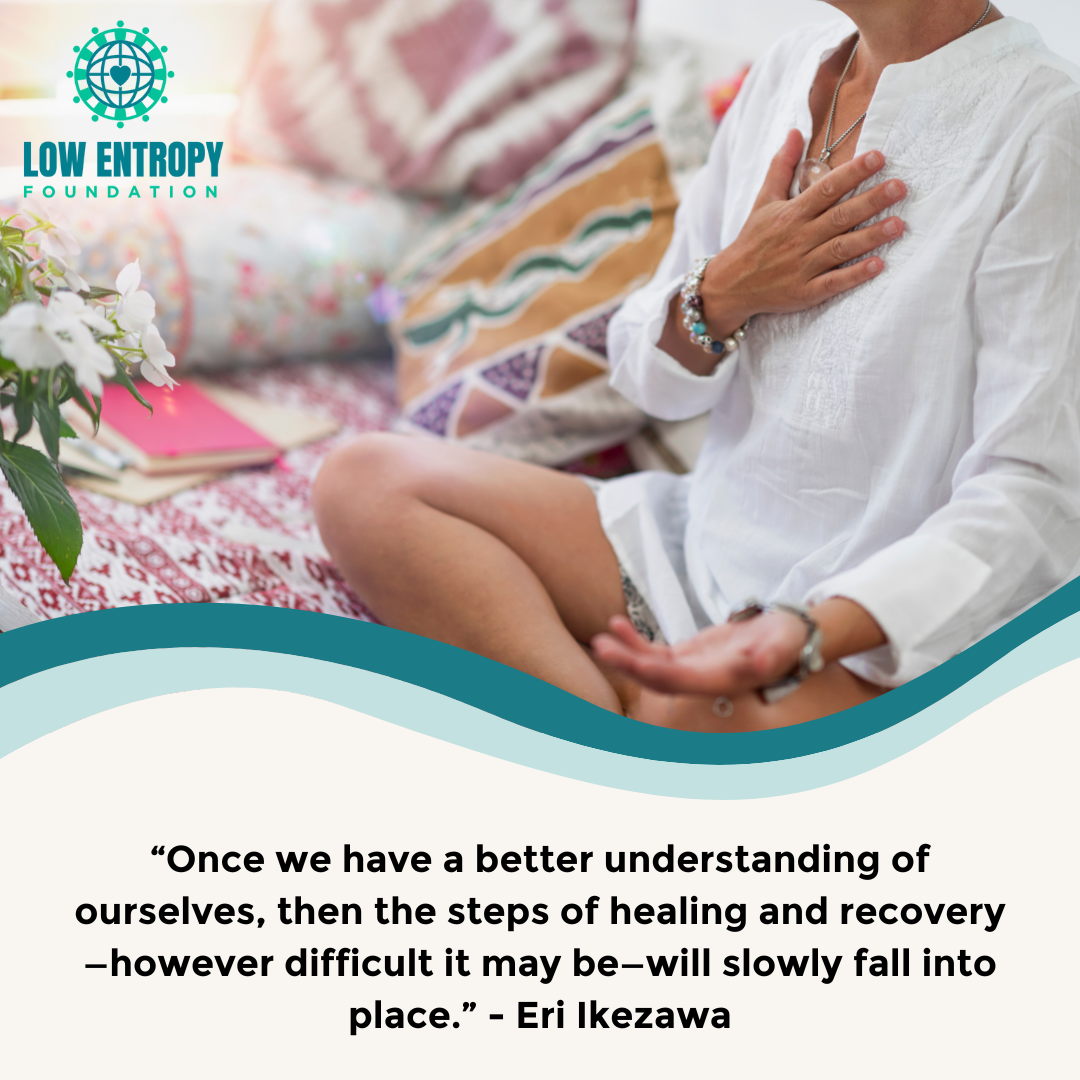Taylor Caldarino (she/her/hers), Low Entropy Volunteer Writer
What is stigma? How is it harmful and how does it discourage people from receiving and accessing care and harm reduction in regard to addiction and mental health issues? What are the ways we, as a society, can erase the stigma around mental health and addiction? These are questions I would like to try to answer. First off, let’s start by talking about what stigma is. Stigma is defined as “a mark of disgrace associated with a particular circumstance, quality, or person.” There are three groups of stigma, self-stigma, social stigma, and structural stigma; each comes with its own set of difficulties and hurdles. I think it is also important to note that addiction is listed in the diagnostic statistical manual 5 for mental disorders.
In the sense of mental health and addiction, why is stigma bad? Well, this is because stigma often coincides with guilt, shame, predispositions and embarrassment. First, let’s talk about how these feelings are particularly bad for those struggling with mental health issues. Stigma can decrease the rates at which people access mental health services. Why should we care? This is because a lack of access to care can increase suicide rates, decrease treatment rates, cause a decrease in educating others about mental health and as well as decrease diagnostic rates.
Self-stigma causes an individual struggling with addiction or other mental health issues to feel shame due to negative societal beliefs. People often condemn these populations from society, describing them as scary, a threat, lazy and other derogatory terms. This can cause the person suffering to avoid seeking help when they want or need to due to the fear of being judged or feeling as though their mental health struggles are their fault which adds to the barriers to healthcare these populations face.
Social stigma is the view that others hold about the stigmatized group, this leads people to be fearful of these groups. Social stigma can also result in a lack of empathy for those struggling, this can result in not perceiving these populations as equal which can affect laws and programs in place to help these individuals. Social stigma also leads to the not-in-my-neighborhood effect (NIMBY) in which services have a hard time finding locations to start their programs since there are often protests about locations opening up. An example of this would be a safe injection site, some might say it will encourage drug use in their area, destroy their area, cost taxpayers more money, or cause used needles to be found in the area. I have been in an apartment where there was a safe injection site below and the people who lived there said they have never experienced any issues in the years they have been living there and that the people who use this facility are nothing but respectful. I thought that was an interesting thing to say since people who are a victim of addiction are often seen and labeled as dangerous and destructive. However, this just proves that this stigma is untrue, there are parents with young kids that live in the building and they feel safe.
I would also like to briefly explain what addiction care and harm reduction are since educating is a way to help end stigma. Addiction care and harm reduction can include programs such as safe injection sites and programs that allow users to safely detox from a substance such as methadone treatments and managed alcohol administration. Addiction stigma is problematic because it impacts the laws surrounding addiction care and harm reduction, this coincides with structural stigma. Structural stigma is embedded into the system so it results in the poor treatment of those with mental health and addiction issues. These individuals often have their struggles minimized.
The idea that decriminalizing drugs, opening safe injection sites, or providing methadone treatment will encourage drug use is an allegory. If these become the norm does that mean you will start using these drugs if you do not have the urge or have not already? Probably not, those who want to engage in recreational drug use probably are already. Not only does de-stigmatizing drug use help those who have an addiction but can also reduce costs since these facilities save lives and decriminalizing drugs results in fewer people incarcerated. One person in a hospital bed costs about $8,000 per day for standard care or one person incarcerated costs up to $259 per day. The loved ones of those struggling and those struggling may also feel relief knowing that the risk of developing diseases from unclean needles will be decreased, they can freely test their substances to ensure they know what they are taking and know that there is a non-judgemental community there for them if they do decide to recover.
How can we end the stigma around addiction and mental health? Well, this is through anti-stigma education which can help reduce stigma in all settings such as school and work settings (especially healthcare). Guest speakers who have dealt with mental health issues or professionals in the mental health field coming into schools can also help destigmatize addiction and other mental health issues. It is important to let people know that addiction is a mental health disorder and is not “self-inflicted” like many think. If there is less societal stigma, self-stigma may also be reduced. There is also less of a chance of feeling shame and structural stigma through a shift in perspective and policies.
—
My name is Taylor, and I am currently majoring in psychology and minoring in gerontology at Simon Fraser University. I also love to hike and cook!










